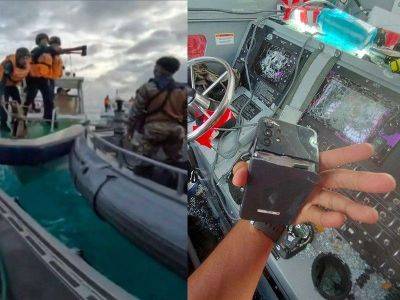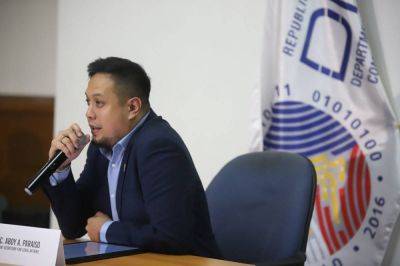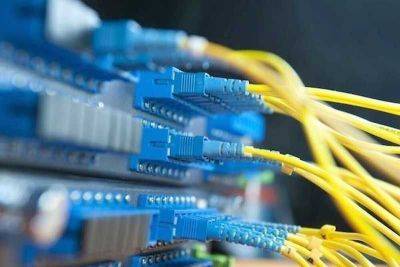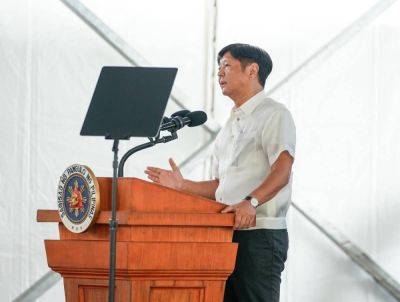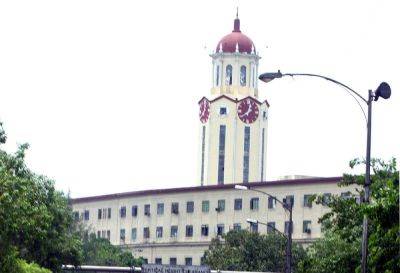A growing Filipino diaspora means plenty of celebration worldwide for Philippine Independence Day
In the Philippines — where Spanish and later U.S. colonial rule persisted for nearly four centuries — June 12 is the real Independence Day. That date in 1898 was the pivotal moment when the island nation first made a bold move for autonomy.
Ahead of this year’s holiday in Manila, the nation’s capital, President Ferdinand Marcos Jr. called on Filipinos in a video message to display the country’s flag everywhere “as we continue to fight for independence. Independence in different aspects of our being Filipinos, but more than this independence in our territory, our sovereignty.”
Since 2023, the Philippines has faced increasingly tense territorial confrontations with Beijing in the South China Sea.
The much-awaited annual celebration would be festive with an array of activities, which started Monday at the capital’s historic Rizal Park, Marcos said. There’s a bazaar along with government stalls offering services to the public. The festivities include a cooking competition, a chili pepper-eating contest, free showing of movies about Filipino heroes, free nightly concerts and an obstacle-course race. A parade of 22 floats representing different provinces will be staged on Independence Day to be capped by a musical concert, he said.
The revelry surrounding Philippine Independence Day stretches far beyond the Southeast Asia archipelago, from the United Kingdom to the United Arab Emirates. Millions of Filipinos across cities in the U.S., Europe and Australia will be able to find parades, street fairs, galas and other gatherings close to home. Some are even flying in well-known talent from the Philippines. The occasion’s growing reach and inclusive ethos demonstrate how much the Filipino diaspora continues to assert cultural pride and flourish around the globe.
The fight for independence dates back to 1565 when Spain colonized the Philippines, naming it for King Philip II. It wasn’t until 1896 though that talk of revolution catalyzed action. Andrés Bonifacio, a leader of the Katipunan, a brotherhood of anti-Spain revolutionaries, and others tore up their “cedulas,” residential tax certificates for people considered Spanish subjects.
“It’s like tearing your passport or



